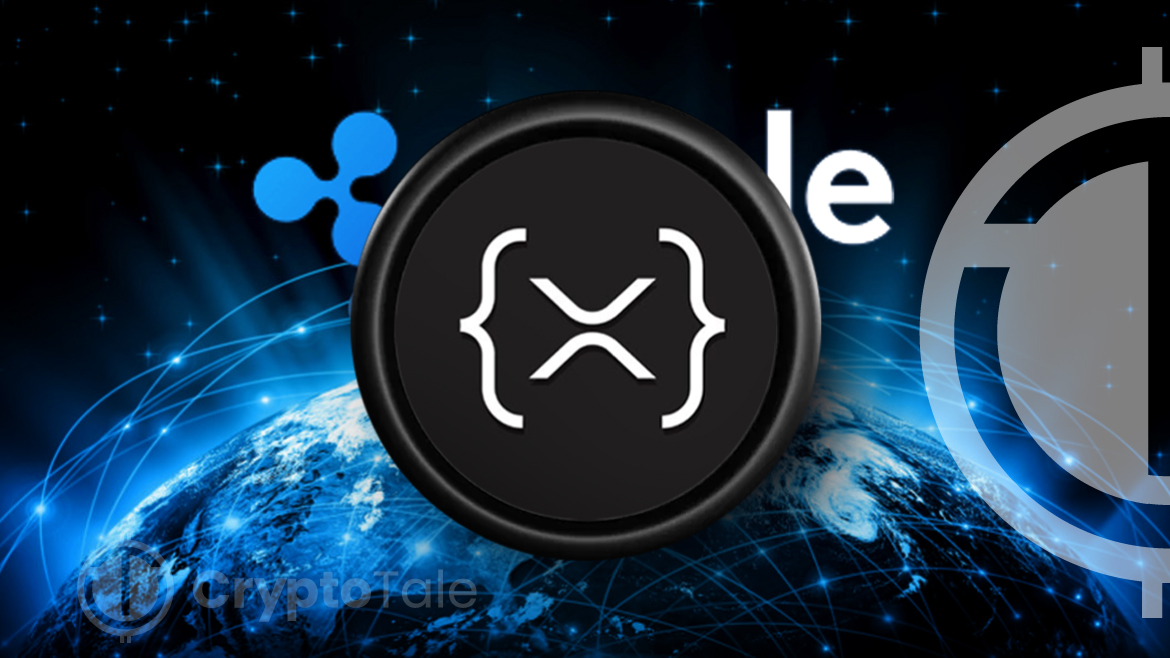- RippleX announces a Native Lending Protocol for the XRP Ledger, aimed at enhancing decentralized finance by facilitating direct lending.
- The latest update to the XRP Ledger introduces mechanisms for direct borrowing and lending without traditional financial intermediaries.
- XRP Ledger’s new lending protocol aims to increase financial inclusion and efficiency through innovative, transparent financial tools.
According to a recent announcement from RippleX, developers Aanchal Malhotre and Vito Tumas have put forward a groundbreaking Native Lending Protocol on the XRP Ledger aimed at revolutionizing the decentralized finance (DeFi) landscape. This unveiling coincides with a noticeable downturn in XRP’s market value, which has seen a 10.80% decrease over the past 24 hours, dropping to $0.5457 as seen in the latest financial updates.
The Native Lending Protocol introduced aims to facilitate direct borrowing and lending via the XRP Ledger, eliminating the need for traditional financial intermediaries. Expected to enhance financial inclusion, transparency, and efficiency, this protocol leverages a modular design that emphasizes adaptability and reusability, appealing to developers interested in embedding lending functionalities within decentralized applications (dApps).
The initiative includes the introduction of pseudo-accounts that can manage multiple ledger entries, simplifying the process for tracking balances and issuing tokens. It also features a new ledger entry for pools that handle a single tokenized asset, which streamlines their management. Building on this foundation, the protocol enables the management of Liquidity Provider assets and facilitates the creation of on-chain agreements and loan management systems, supported by off-chain underwriting.
Liquidity Providers can deposit various tokens such as XRP, wBTC, and wETH into lending pools to accrue interest. These pools are overseen by Pool Delegates who attract capital and oversee loans. The arrangement of loans is conducted off-chain with terms later solidified on-chain, allowing for fixed-term loans that accumulate interest without the traditional requirement for collateral. This is achieved through innovative off-chain underwriting and risk management strategies.
The protocol also integrates a new ‘Loan’ ledger object that is responsible for managing the nuances of financing, payment schedules, and the recovery processes of loans. It incorporates mechanisms to safeguard Liquidity Providers against potential defaults through first-loss capital provided by Pool Delegates, coupled with a comprehensive liquidation process.
This proposal by RippleX signifies a significant advancement in broadening the DeFi capabilities of the XRP Ledger. By simplifying lending processes and improving security measures, the Native Lending Protocol could potentially open up new avenues and foster greater adoption of blockchain technology within the financial services sector. Developers and stakeholders in the cryptocurrency community are poised to closely monitor the adoption and impact of this protocol, given its potential to alter the way digital assets are managed on the XRP Ledger.






